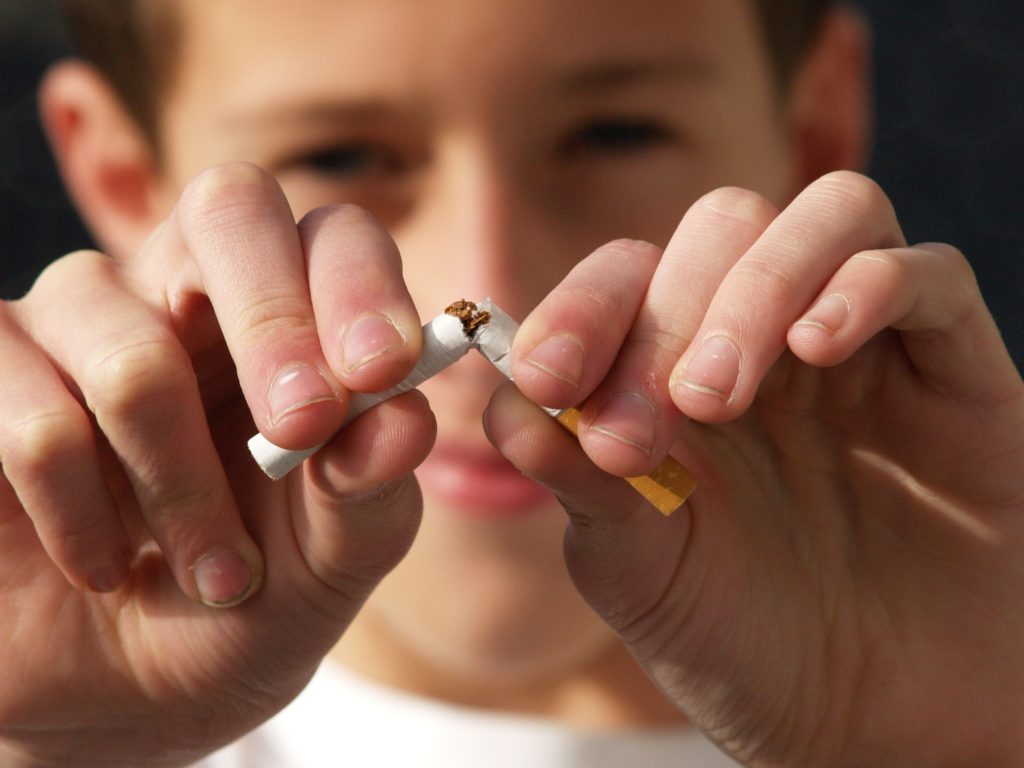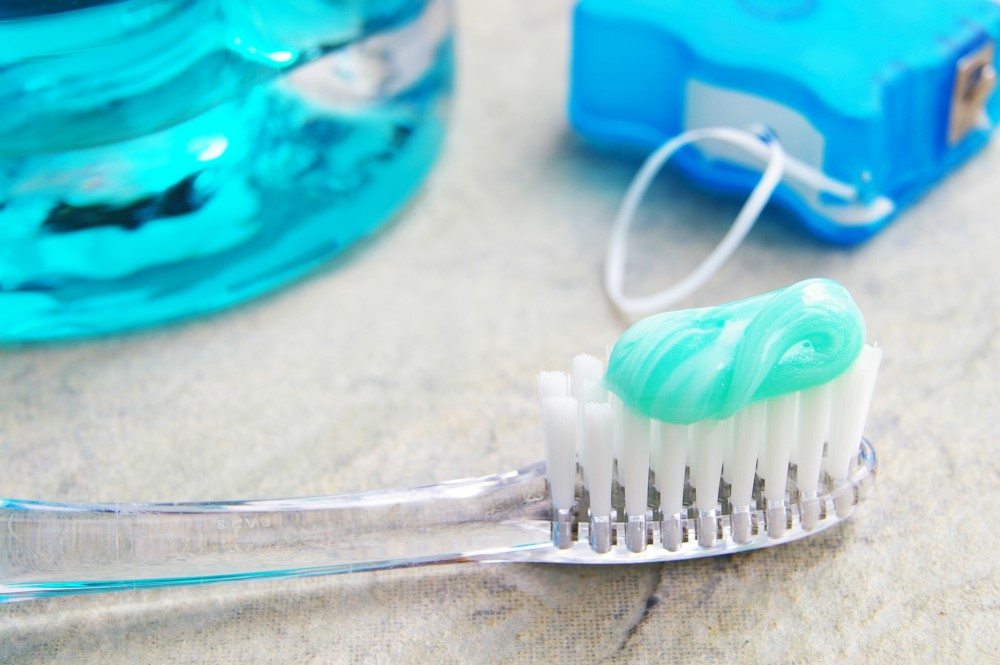Hodges SC Dentist | Gaining Wisdom on Wisdom Teeth
Greenwood Dentist

Wisdom teeth are the last new teeth that will enter your mouth. Most patients have some form of complications resulting from their wisdom teeth. Did you know that your wisdom teeth can impact your overall health? Here’s what you need to be aware of regarding your wisdom teeth.
The Basics
Typically, your wisdom teeth will come in between the ages of 17 and 25. According to the American Association of Oral and Maxillofacial Surgeons (AAOMS), as many as 90% of patients have an impacted wisdom tooth. An Impacted tooth is unable to properly grow through your gums because of a lack of space.
What This Means for You
An impacted wisdom tooth is something you should talk to our doctor about. Impacted teeth can cause infection and damage to surrounding teeth. It is extremely important these issues are addressed early on. Your wisdom teeth are hard to clean in the back of your mouth. An infected tooth not receiving the proper care can be a breeding ground for bacteria leading to infection and gum disease.
Wisdom Teeth & Your Overall Health
An infection of your wisdom teeth can lead to oral diseases, but it can also lead to further, more serious complications as well. THE AAOMS explains that oral bacteria that gets into your bloodstream can lead to heart, kidney, and other organ infections. That’s right, your teeth can impact your overall health!
The Importance of Examinations
You might not notice any pain or discomfort around your wisdom teeth, but that does not necessarily mean they are healthy. Even wisdom teeth that fit properly can be the target of a future infection. It is essential to keep up with regular examinations so that our trained, experienced team can take a close look at your wisdom teeth.
What You Can Do
We cannot overstate the importance of regular oral examinations. Our doctor can help assess your wisdom teeth and whether they will need to be removed. Wisdom teeth can have a significant impact on your oral health and your overall health, so we recommend staying vigilant with your daily oral hygiene routine.
For more questions about wisdom teeth or to schedule your examination, please contact our office.


















